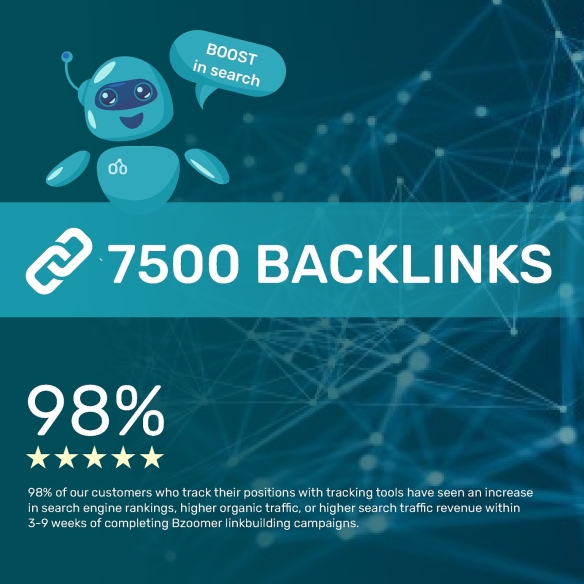In the ever-evolving landscape of technology, the term "AI Agent" has gained significant traction as a cornerstone of artificial intelligence innovation. An AI Agent, in its simplest form, refers to an autonomous system capable of perceiving its environment, making decisions, and taking actions to achieve specific goals. This article delves into the transformative potential of AI Agents, their current applications, and the challenges and opportunities they present in shaping our future.
Defining AI Agents
AI Agents are not merely advanced software; they represent a convergence of computational intelligence, machine learning, and automation. Unlike traditional algorithms, AI Agents are designed to operate independently, learning from their surroundings and adapting to dynamic conditions. They can range from simple chatbots to complex multi-agent systems managing intricate networks or industrial processes.
A hallmark of AI Agents is their ability to exhibit characteristics such as:
- Perception: Understanding and interpreting input from the environment through sensors or data streams.
- Reasoning: Analyzing information to make informed decisions.
- Learning: Improving performance over time by adapting to new data.
- Action: Executing tasks to influence their environment.
These capabilities empower AI Agents to function in diverse domains, often achieving tasks previously thought to require human intelligence.
Applications of AI Agents
The applications of AI Agents are vast and rapidly expanding, revolutionizing industries and enhancing everyday life. Here are some of the most impactful areas:
1. Customer Service and Support
AI Agents like chatbots and virtual assistants have transformed customer service. They provide instant responses, handle queries efficiently, and operate 24/7. Systems like OpenAI's ChatGPT and Apple's Siri exemplify this capability, making interactions smoother for users and reducing operational costs for businesses.
2. Healthcare
In healthcare, AI Agents assist in diagnostics, treatment planning, and patient management. For example, agents powered by machine learning algorithms analyze medical data to identify diseases, suggest treatments, and even predict patient outcomes. Virtual health assistants monitor patient conditions and provide timely interventions.
3. Autonomous Vehicles
Self-driving cars rely on AI Agents to navigate roads safely, interpret traffic conditions, and make split-second decisions. These agents process vast amounts of sensory data from cameras, lidar, and radar to ensure a seamless driving experience.
4. Financial Services
AI Agents play a pivotal role in fraud detection, algorithmic trading, and customer financial advising. They analyze patterns, detect anomalies, and provide personalized investment strategies based on user data.
5. Smart Cities
In smart cities, AI Agents manage resources efficiently by optimizing traffic flow, monitoring energy consumption, and improving public safety. They act as the backbone of intelligent urban ecosystems.
Emerging Technologies Driving AI Agents
The rapid advancement of AI Agents can be attributed to breakthroughs in complementary technologies:
- Natural Language Processing (NLP): Enhances an agent’s ability to understand and generate human language, enabling seamless communication.
- Reinforcement Learning: Equips agents with the ability to learn through trial and error, improving decision-making in complex environments.
- Cloud Computing: Provides the computational power needed to train and deploy AI Agents at scale.
- Edge AI: Brings intelligence closer to the source of data, enabling real-time decision-making in IoT devices and beyond.
Challenges in AI Agent Development
While the potential of AI Agents is immense, several challenges must be addressed to unlock their full capabilities:
1. Ethical and Privacy Concerns
AI Agents often handle sensitive data, raising questions about user privacy and data security. Developers must ensure that these systems adhere to ethical guidelines and comply with data protection regulations.
2. Bias and Fairness
AI Agents can inadvertently learn biases present in training data, leading to unfair or discriminatory outcomes. Addressing these biases is crucial for creating trustworthy systems.
3. Accountability
As AI Agents become more autonomous, determining accountability for their decisions becomes a challenge. Clear legal frameworks are required to manage the implications of their actions.
4. Technical Complexity
Building AI Agents capable of operating in real-world environments involves solving complex problems in perception, reasoning, and learning. Robust testing and validation methods are essential.
The Future of AI Agents
The future of AI Agents holds unparalleled promise. As technology evolves, these systems are expected to become more sophisticated, intuitive, and human-like in their interactions. Here are some trends to watch:
- Multi-Agent Systems: Collaborating AI Agents will tackle complex problems, from disaster response to global logistics.
- Explainable AI (XAI): Efforts to make AI Agents more transparent and interpretable will enhance trust and adoption.
- Generalized Intelligence: AI Agents may progress toward general intelligence, enabling them to perform a broader range of tasks without specific training.
AI Agents represent a revolutionary leap in artificial intelligence, offering the potential to transform industries, improve lives, and address global challenges. As we navigate the opportunities and hurdles of this transformative technology, it is crucial to ensure that AI Agents are developed responsibly and inclusively. By fostering innovation while addressing ethical and technical challenges, we can unlock the full potential of AI Agents and create a smarter, more connected world.


